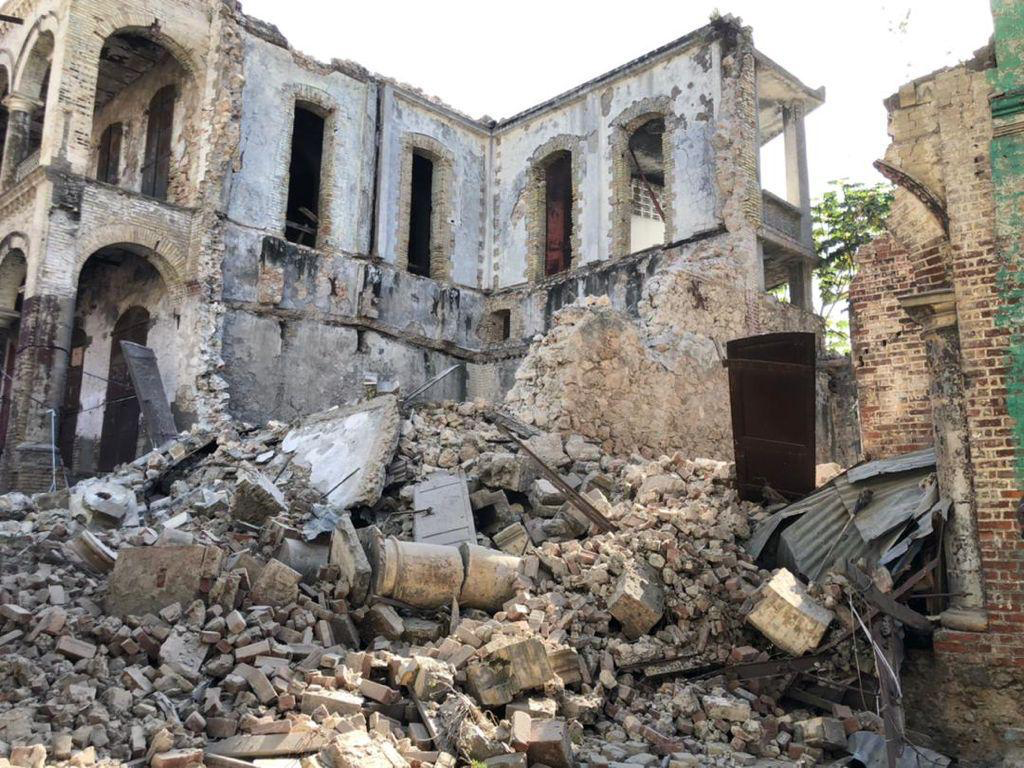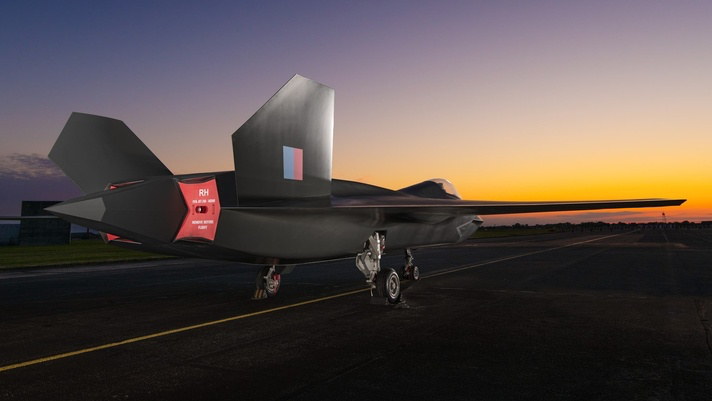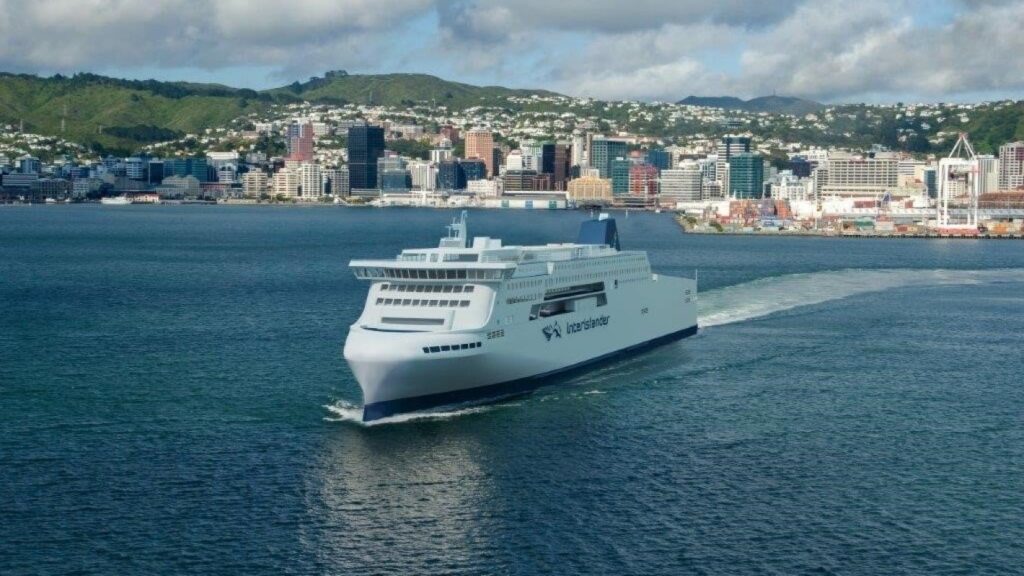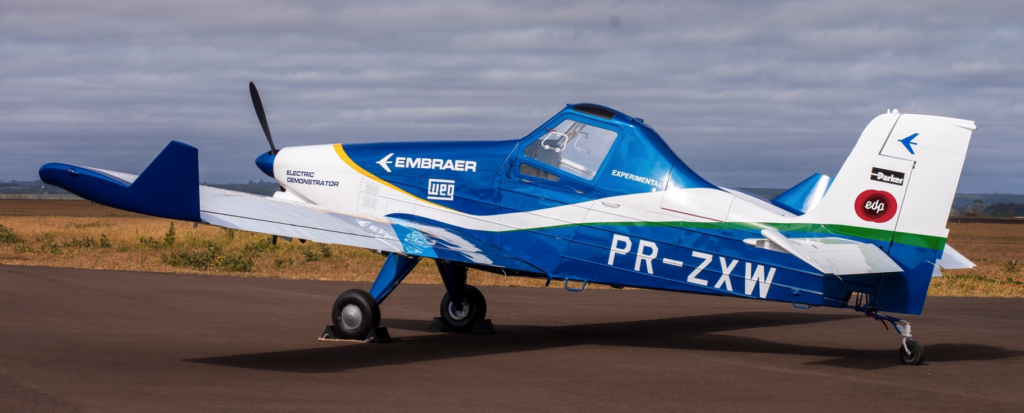Delta Contributes $100,000 to American Red Cross Haiti Earthquake Relief Effort
Delta Air Lines will contribute $100,000 to the American Red Cross to support relief efforts in Haiti following a devastating 7.2 magnitude earthquake that struck the country on August 14. The affected region is home to…



